After two years in Eurasia, I’m heading to a new continent! Read on to find out where… and, more importantly, why.
In 8th grade Geometry class, I always copied the boy next to me.
Not that I was cheating, mind you—I just couldn’t see the board. My teacher’s writing on the whiteboard was a series of blurred blobs at best. On days when she used a red marker, all hope was lost.
My inability to see beyond my own desk was a bit of an issue. Mostly I was upset about perpetually peering at my neighbor’s notes—I had a crush on him and it was, like, so embarrassing—but my comprehension suffered as we studied more complex topics, and my grades began to dip. A solution had to be found.
Living in affluent suburban America, it wasn’t a particularly complex problem to solve. My mother shuttled me to an optometrist in a strip mall. I read letters illuminated on the wall. Typically teenaged, I complained: glasses make me look ugly there aren’t any nice options I want contacts all the cool kids have them. Once all was said and done, I could finally see more than a few feet in front of me, and returned to straight-A nerd status.
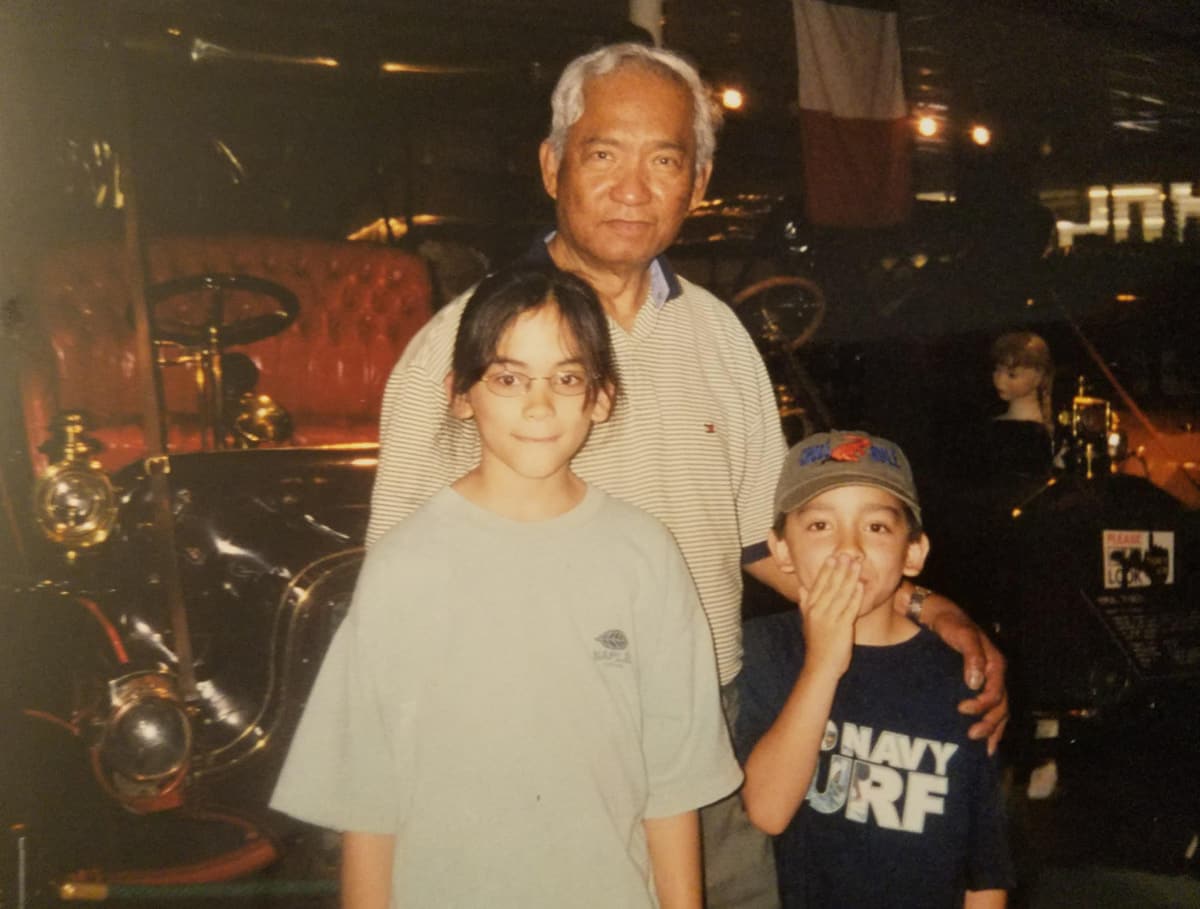
Looking like the proper Asian nerd that I was with my fly AF glasses. (Told you there were no cool options.)
13-year-old me thought nothing of it. 27-year-old me knows better.
Luxury out of reach
The reality is that not everyone in this world can pop over to their local glasses store and fix up their vision like I did.
From underserved parts of the United States to remote mountain towns in Pakistan, vision care can be wildly inaccessible for a variety of reasons. Ophthalmologist offices aren’t something you should expect wedged between the town tailor and general store in rural Armenia. Measuring eyesight and cutting lenses for patients require costly machinery not likely to be tucked away in the back of a Bangladeshi village doctor’s hut. Not every American can afford a doctor’s check up or a new pair of glasses.
Compared to more standard medical essentials like general practitioners, hospitals, and medications, vision care is a luxury out of reach for many. A nice-to-have, rather than a need-to-have.
Along the Amazon River in northwestern Brazil, for example, many residents must travel for more than 30 hours to access eye care in the state’s capital of Manaus. That’s a long way to go for an eye exam and a pair of glasses. Not everyone has the luxury of time—nor the financial means—to travel so far just for improved eyesight.
The good news: in the coming month, some of them won’t have to.
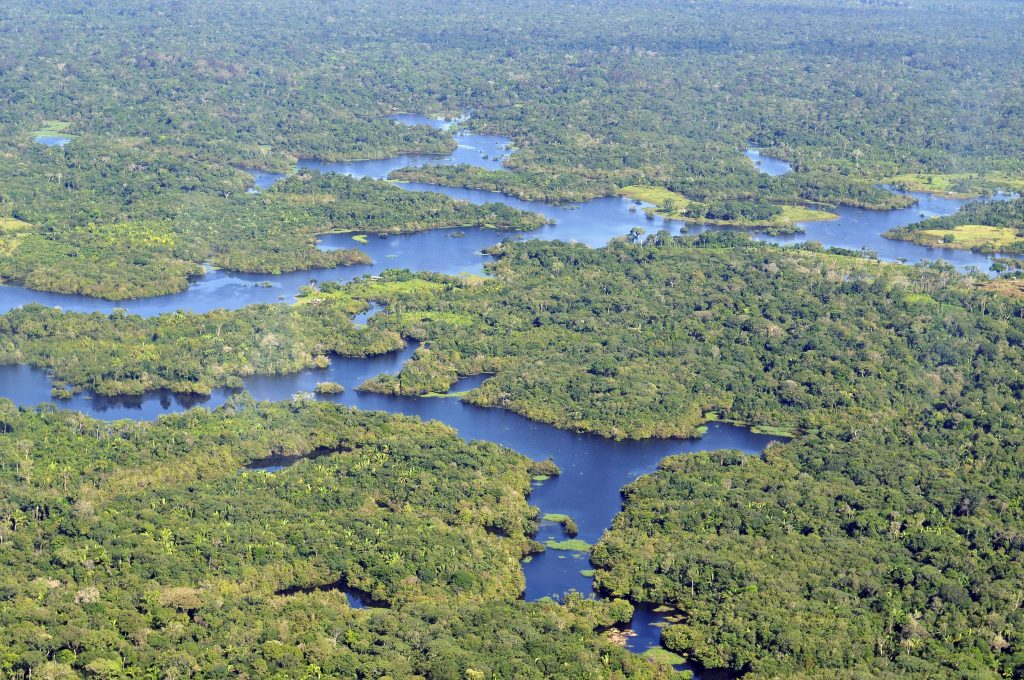
Photo by Neil Palmer of CIAT, licensed under CC BY 2.0
Eyes on Brazil
So yes, in case you didn’t get the hint… I’m heading to Brazil!
In the middle of June, I’ll travel to remote areas of the Amazon with , a non-profit committed to bringing good vision to everyone in the world, no matter where they are. Over the course of 30 years, OneSight has provided vision care to more than 10 million people in 46 countries, and they’re still going strong.
Treatment ranges from temporary clinics to permanent vision care centers in the United States and beyond (more than 90 at present, serving 15+ million people), but they’re trying out a new strategy for the Amazon.
Rather than making patients travel to reach a clinic, OneSight is bringing the clinic to them on the world’s first floating vision care clinic.
Two boats.
46 crew, translators, and ophthalmologists.
Two different remote locations.
500 patients per day, 2,500 in total.
Sweet.
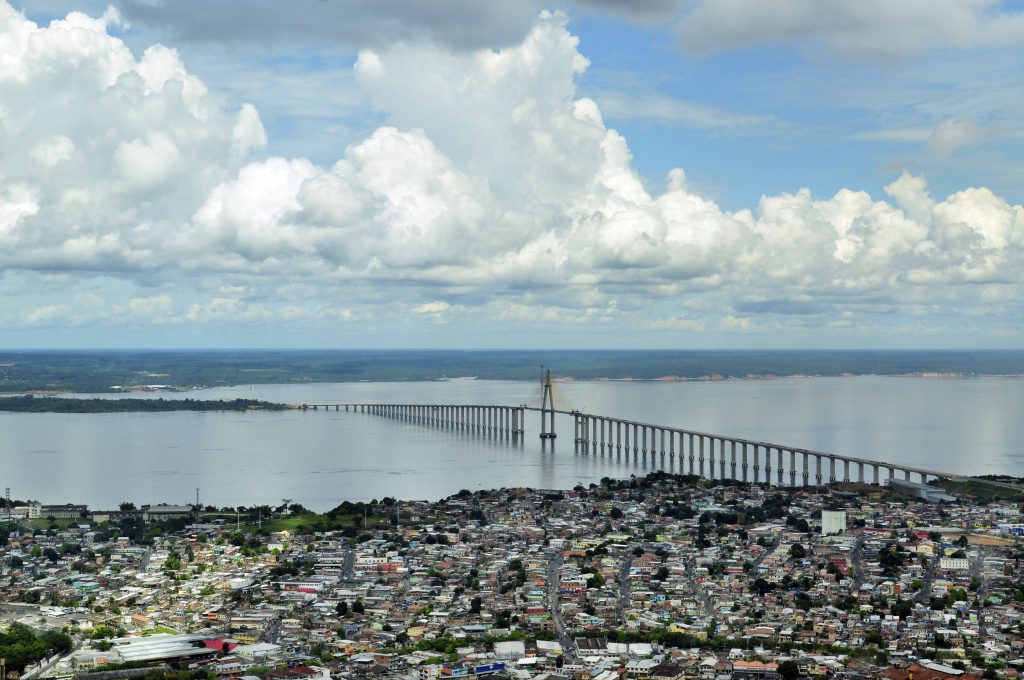
Photo by Neil Palmer of CIAT, licensed under CC BY 2.0
As I first read through OneSight’s invitation, I was thrilled. Sailing down the Brazilian Amazon is a sweet opportunity on its own, but I was more excited about the project’s motives.
Over the last two years, I’ve seen firsthand how lacking or unobtainable health care can be in remote areas. I’ve listened to quack doctors on islands prescribe every medicine under the sun for minor issues, seen cataracts in the eyes of young people in the high mountains, watched decrepit “ambulances” crawl (too) slowly along potholed roads.
Knowing there are people out there putting their minds to these problems gives me hope.
But, as I’ve said before, responsible travelers should question everything. Before I committed, I had to make sure OneSight was doing things right.
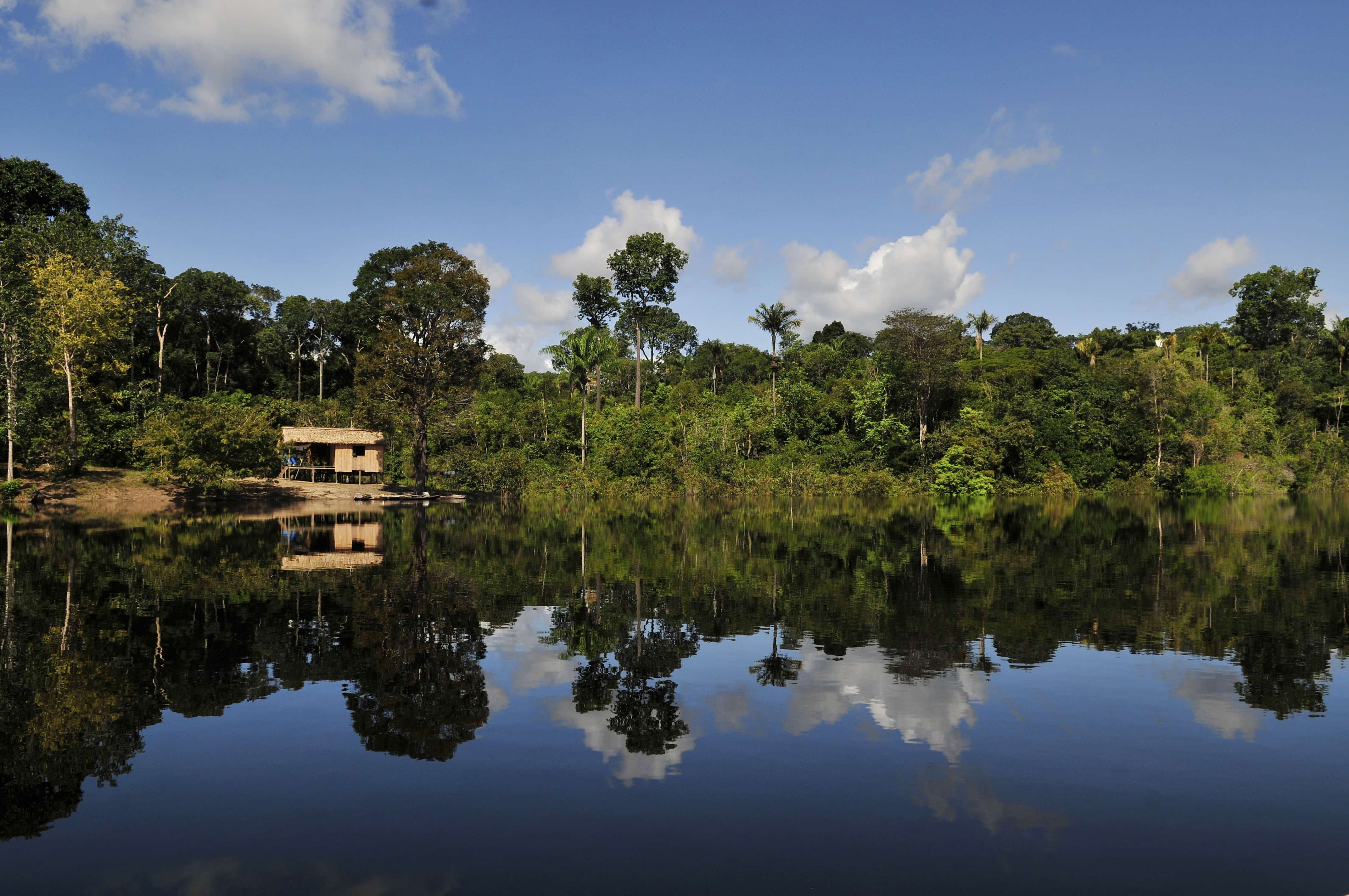
Photo by Neil Palmer of CIAT, licensed under CC BY 2.0
Responsibility first
Just as I’ve seen the struggles of remote medical care, I’ve also witnessed how irresponsible NGOs and other volunteer efforts can be.
Oftentimes, foreign organizations barge into countries on a mission to save the “poor” people, and ultimately waste a lot of people’s time and money trying to solve problems they don’t actually understand. If they even spend the money on the issues they’re trying to solve, that is.
I was thrilled to be invited, but I wasn’t interested in sailing down the Amazon to take pictures of foreign saviors giving glasses to stereotypical tribals, nor promoting an unscrupulous NGO.
A long talk with OneSight—and a look into —cleared my concerns.
Most importantly, this floating clinic effort is coordinated by two local Amazonian organizations: Barco Hospital Methodist Church and the Penido Burnier Foundation.
These partners are responsible for reaching out and informing local communities, providing local translators, and running the ground operations as we travel down the river. Basically, OneSight provides the finances, technology, and vision care experience, and the partners handle the rest.
In addition to making an effort to involve local organizations as much as possible, OneSight is doing as much as they can to ensure this endeavor is effective:
- Local eye doctors will perform vision consultations on land, close to the patients’ homes.
- Rather than using donated frames and lenses—which, in OneSight’s experience, are often cast aside because no one in this world wants to wear ugly glasses—they’ll bring a full supply of stylish frames for patients to choose.
- Instead of taking several days to produce glasses—and risk patients not coming to pick them up or the glasses never reaching their final destination—glasses will be manufactured on one of the boats. Patients will be able to pick them up on the same day.
Unlike hindsight, foresight is never 20/20, but I’m comfortable with saying this operation seems well thought out, and I look forward to taking part.
But, wait… why are you going, Alex?
You mean I don’t strike you as the ophthalmologist type? Ye of little faith.
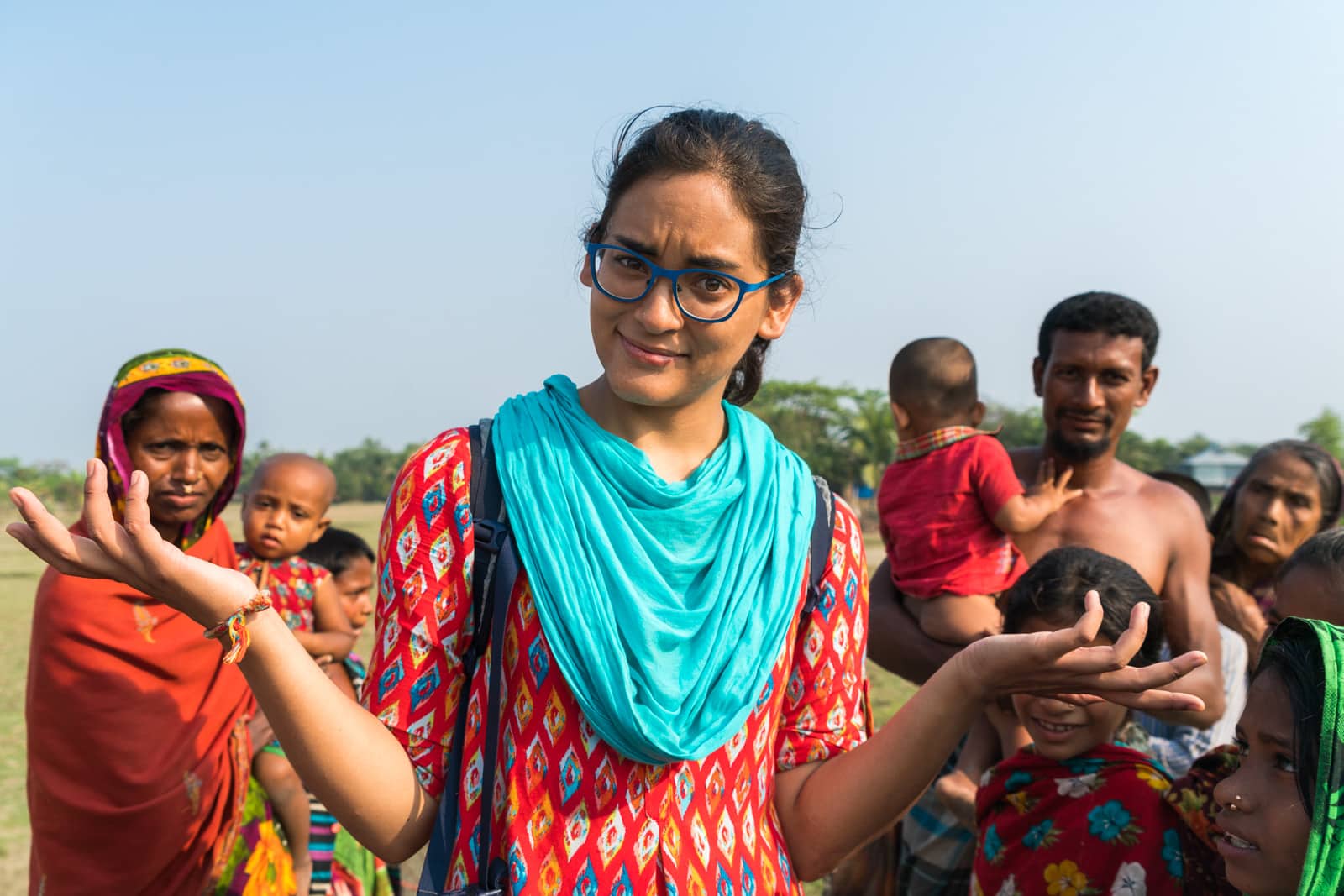
You mean having poor eyesight isn’t enough?
Fair enough. I’m a photographer and writer, not an eye doctor.
My camera and I are tagging along to document OneSight’s Amazonian adventure, and share what I see with the rest of the world to raise awareness about the importance of vision care for everyone.
Issues like vision care are often overlooked in favor of “sexier” problems such as improving women’s rights or solving world hunger. That’s not to say those aren’t important issues, but good eyesight is also essential to a person’s success and happiness. A single pair of glasses can make a huge impact on someone’s life, as many of us know firsthand.
As I sail down the Amazon, I’ll be raising awareness about the importance of eye care through my blog, Instagram, and Facebook. I encourage you to take part.
How you can help bring sight to the world
You don’t need to have mad eye doctor skillz; anyone and everyone can help by donating to the cause.
For the cost of several lattes or a nice Sunday lunch, you can provide someone with perfect vision for years. $30 gets one patient a vision consultation and a sweet pair of glasses, but any amount makes a difference. I’ve started my own fundraiser; you can donate to it here.
(And no, none of your donations will end up in my pocket.)
Whether you’re able to donate or not, be sure to follow along on my journey, and spread the word. More people seeing the importance of good vision means more people getting the help they need to see.
Yay transparency! OneSight is covering the costs of my trip to the Amazon… but I’m doing this because it’s something I believe in. All thoughts and words belong to this very near-sighted nerd, never fear.
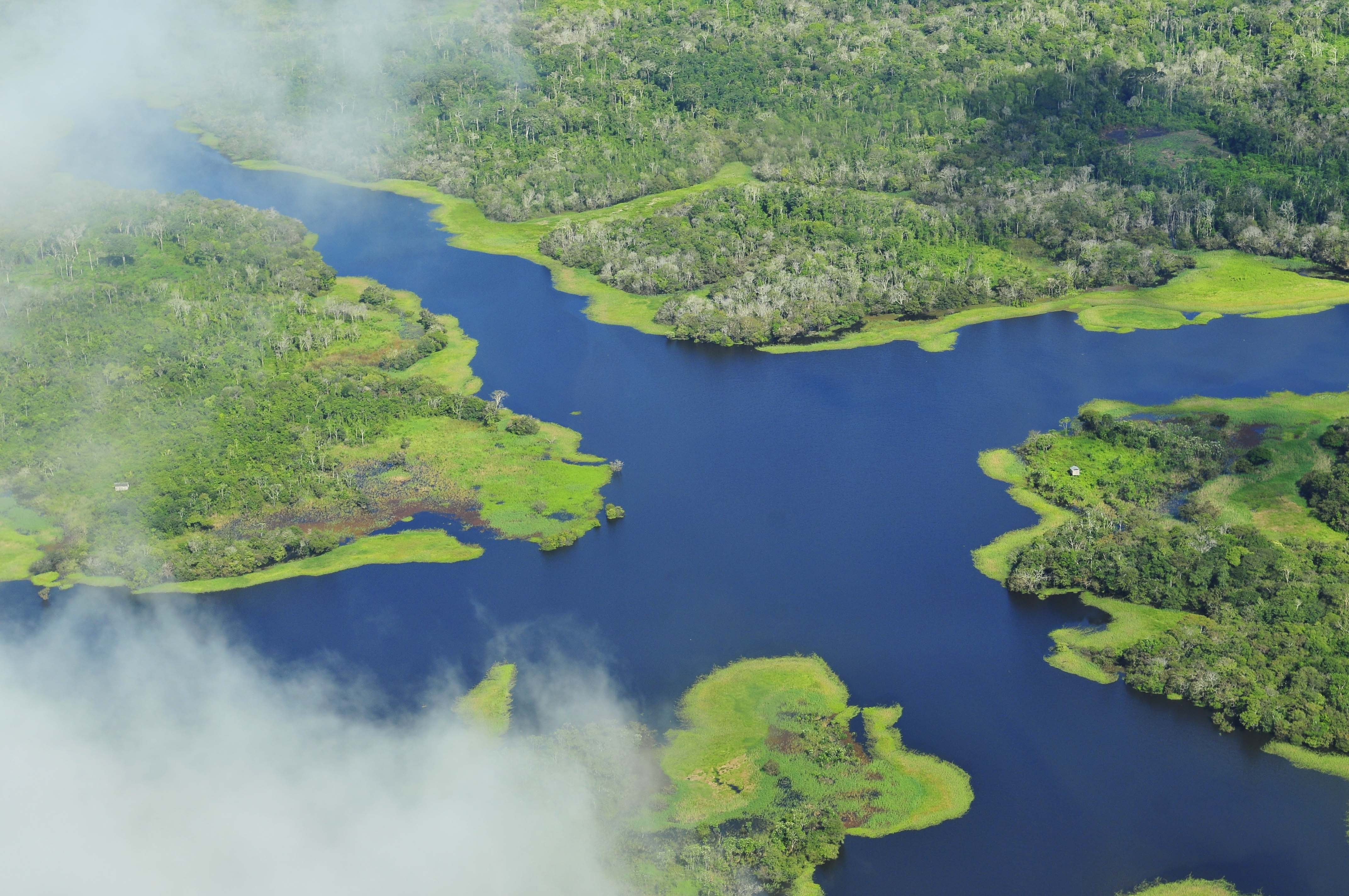
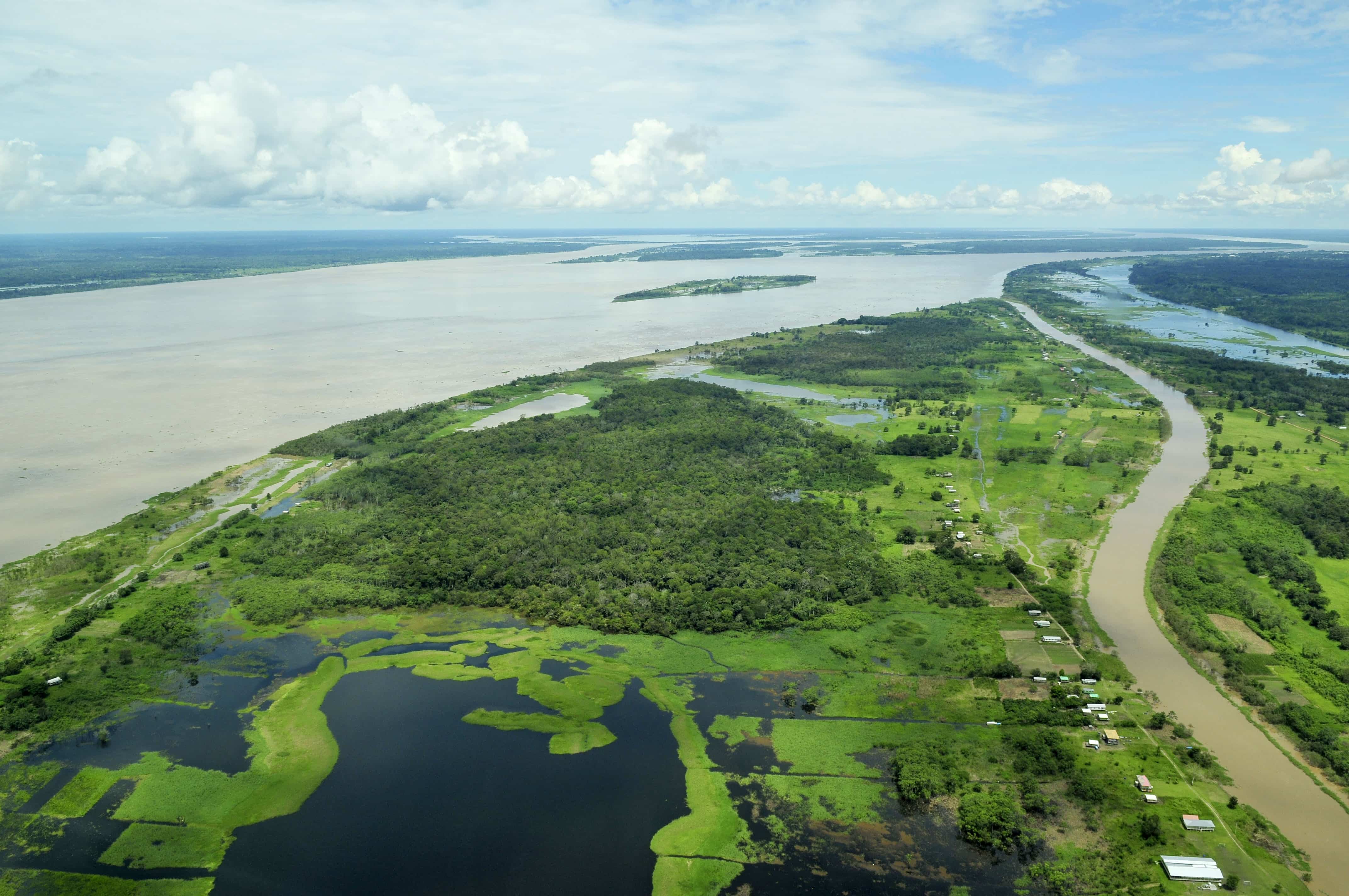


Hi Alex, very interesting and inspiring article! I will for sure consider making a donation.
Incredible coincidence… before reading your post I was thinking to write you about One Dollar Glasses, a ONG that has much in common with OneSight, which is involved in the charity initiative Break-Out, a hitchhiking race going on right now – 13 hours are left to go.
I just wrote you a mail to tell you more about. Cheers!
(I posted the same on your fb page)
Wow! This is awesome.
I am actually from Brazil, living in America for college. I grew up always hearing stories about my own country, about how the north was just a lot of forest and amazing animals. My dad had the chance of going up there a couple times and spend nights in a boat in the Amazon river. He unfortunately was not doing any research, he was there for fishing (but sport fishing, so all fish are still there, at least I hope) but he met with so many locals. In school we learned all about the difficulties of their living so far away from “society”, how it would take days to get an actual city. I could never understand why they would put themselves in that situation, but the 20 year old me now knows what comes with it.
I know the situation that my country is in at the moment, but I can’t imagine what those people are doing right now. I think what you did is extremely inspiring. I want to give to my people, especially to the people that started it all, until the Portuguese came and stole our gold (it’s is a running joke for Brazilians, don’t take it wrong haha).
Thank you! It’s interesting to hear your perspective as a Brazilian (though not a local of Amazonas). It is really incredible to think how people can still be so removed—yet connected—in a country as developed as Brazil in this day and age. But considering life in the cities sometimes… I can see the appeal, too. Indigenous people in the Amazon region could definitely use more support considering what’s going on right now; they’re the people best-suited to help protect the forests and the waters.